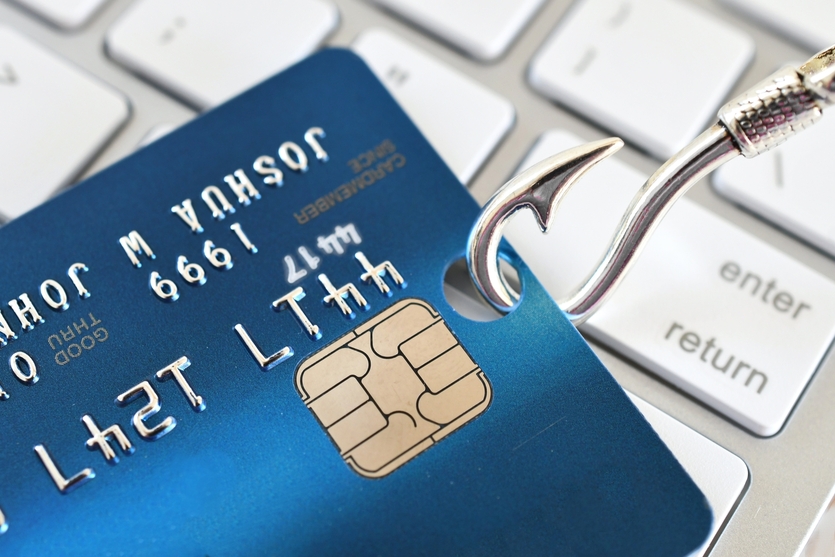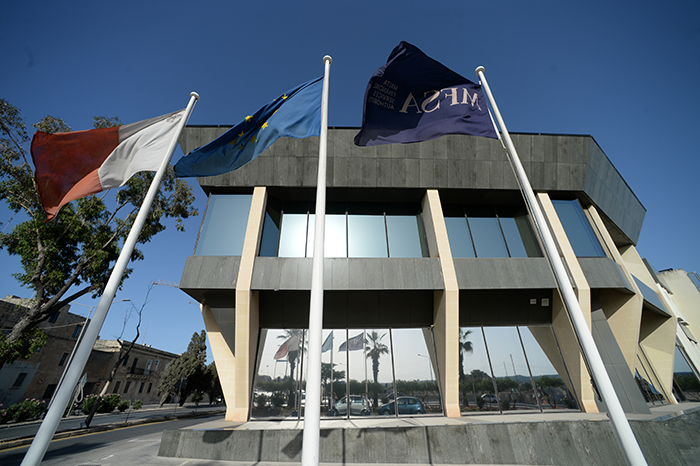Scammers are very familiar with the increased reliance on online shopping that takes place around the holiday period.
The Malta Communications Authority (MCA), in a bid to warn the public against theft, explained that they see this time of year as an ideal opportunity to lure unsuspecting targets to a variety of scams using multiple channels such as emails, SMS or phone calls.
“Whether you have used online shopping to order a gift for your partner, that elusive toy for your child, or that special something you’ve been saving for, make sure that you stay a step ahead of the scammer, by seeing though their tricks and denying them the chance to take advantage of you,” MCA advised.
For starters, the MCA told the public to be mindful of text messages – whether by SMS, WhatsApp, or other social media – that would put them under some form of pressure. These may pretend to be urgent payment deadlines, requests for immediate action for a credit card to remain active, or warnings that some of personal details need to be updated within a short timeframe. “Be careful of following web links which you are not familiar with.”
Sometimes, scammers adopt another strategy and use a less pressing style. Rather, the message would present an offer that sounds too good to let slip! Rather than putting an individual under pressure through fear of something bad, such offers try to trick him/her through “fear of missing out” on the promised rewards.
The authority also warned the public to be attentive to scam phone calls, which attempt to take advantage of real-time conversation to adapt their tactics during the call. Many times, these scammers tend to reach out from a ‘spoofed’ number, which means that the phone number in the caller ID seems familiar, such as one of a local bank, the postal services, or the police.
Seeing such a familiar number could put an individual at ease or make them anxious. Unfortunately, as the called party, they cannot always, and reliably, know for sure whether an incoming call is genuine, or a scam, unless you answer and engage with the caller.
During these calls, one might notice that the caller is being very forceful, or that the caller is requesting to make an important decision in a very short time. No matter what, the MCA said “never disclose passwords, PINs or other sensitive information. In such a situation, the more you engage, the more likely it is that you end up becoming a victim. The best defence in such situations is to take a mental note of where the caller claimed to be calling from, and promptly hang up. If you still think the call might have been genuine, seek a phone number for the organisation that the caller claimed to be representing, and call back on that number after collecting your thoughts.”
Some phones today have built-in tools that warn you of potential scams. These tools are intended to give the called party some assistance with detecting and avoiding a potential scam. For example, some SMS may be detected by the phone as being scam SMS, and these messages may also be saved in a different location on phones to protect individuals. However, these tools are not foolproof, “so always remain on your guard.”
When connected to the internet, some smartphones may identify the calling party number as one that belongs to a specific entity or business, displaying the name of an entity or business on the screen before you even answer the call. Since this tool is simply matching the caller’s number with other known numbers, this tool may also be fooled into thinking that the call is legitimate – so the MCA reiterates the importance of being vigilant.
“Keep in mind that no matter the tools available, the best shield against scammers is to always stay alert, aware and realistic! Given the rising number of scams globally, a little scepticism will go a long way to protect you from impulse decisions that would turn you into a victim,” concluded the authority.
MFSA to ‘step up’ supervision of AI in financial services
Regulatory strategy is no longer just a compliance function
Teva Malta defends pay offer as GWU orders industrial action at Bulebel plant
The union said the decision to commence industrial action 'was not taken lightly,' but followed months of unsuccessful negotiations
MHRA backs proposal for on-the-spot fines targeting short-term visitors
'Malta is welcoming, but respect for its laws and residents is non-negotiable'






